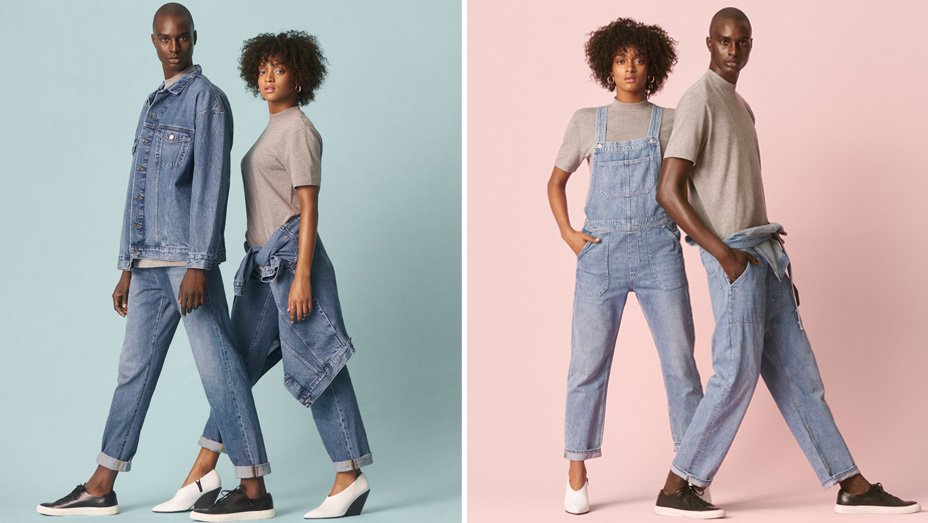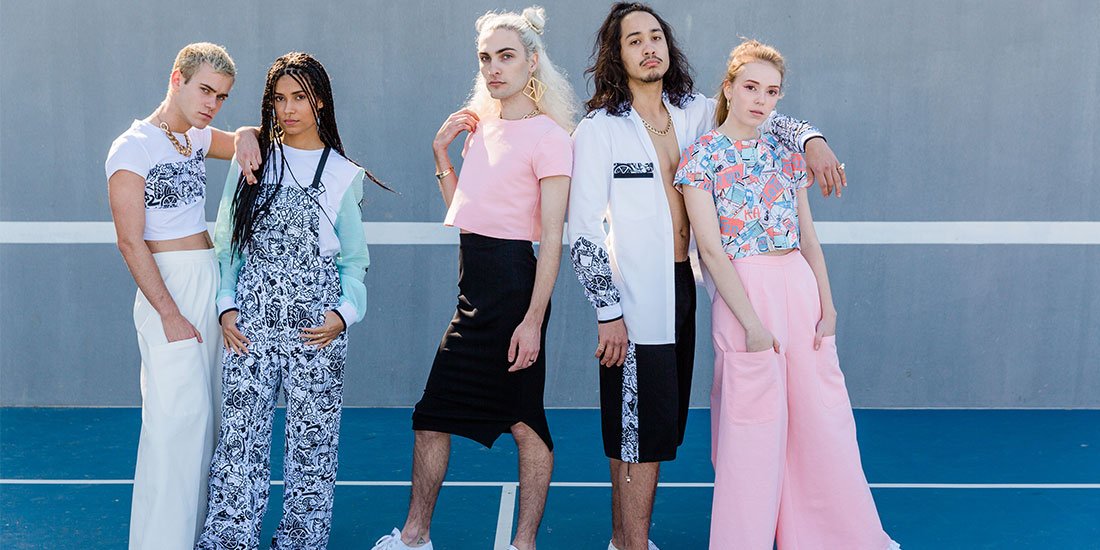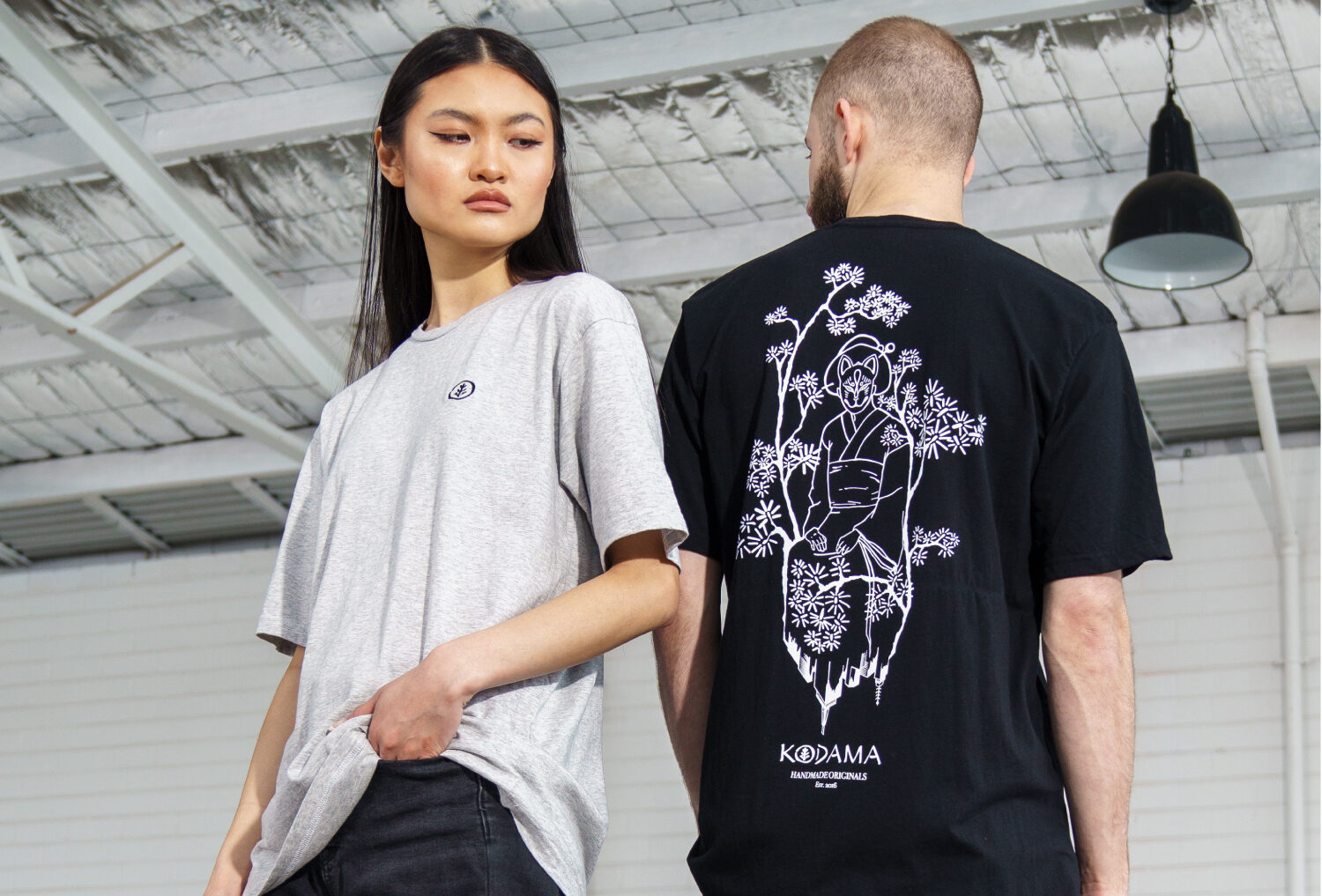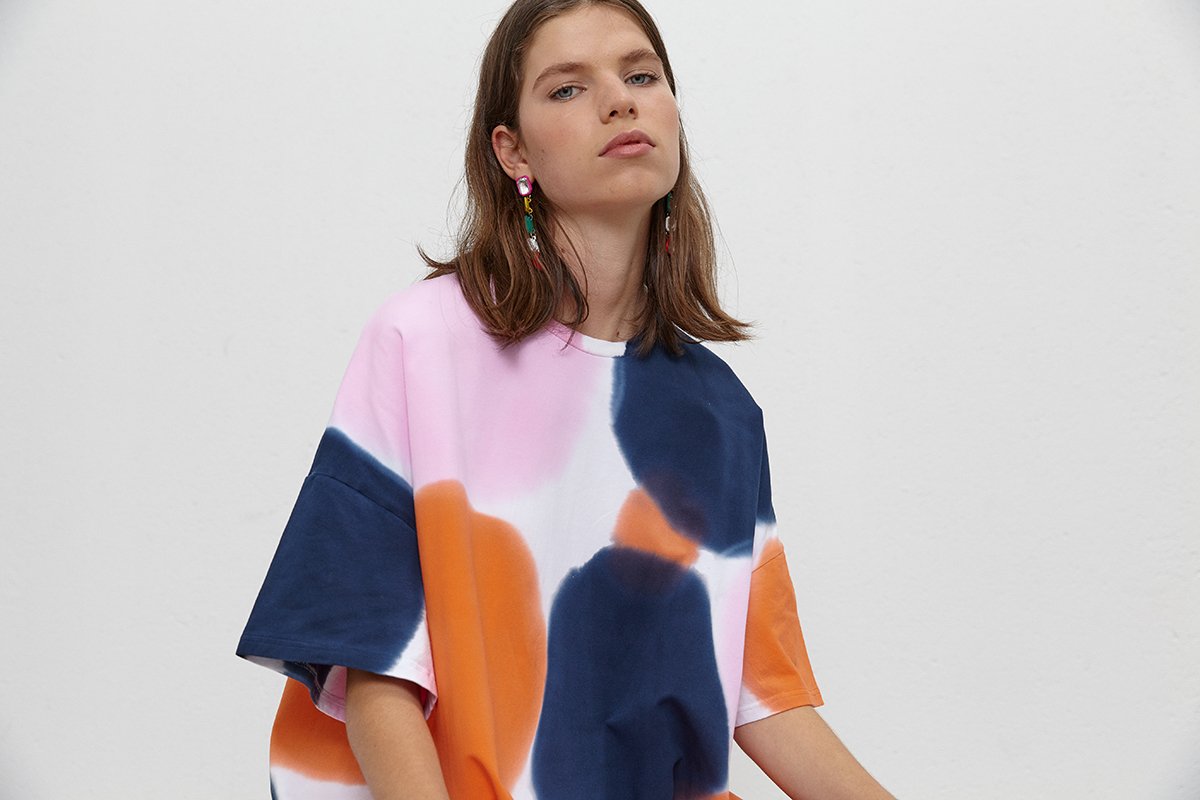Tell me your clothes are gendered without telling me your clothes are gendered.

Gender is becoming more fluid and the fashion industry is starting to respond. We are now armed with a better understanding of the harmful effects of rigid gender divides and are changing how we think about gender-specified clothing. Celebrities like Lil Nas X and Harry Styles are bringing us face-to-face with the potential of genderless dressing and the lack of it in current society. Some brands are taking notable steps to change their participation in fashion whilst others are falling short.
What Makes Clothing Unisex?
Genderless fashion can be seen in brands that are not clearly masculine or feminine. And in brands that don’t separate garments by colour and fit into male and female categories. The concept of genderless fashion is all-encompassing. This often leaves companies stumped not knowing how to take action. It’s a big change to adopt genderless fashion and everything that goes along with supporting the non-binary community. And it isn’t as simple as releasing a sole “unisex” collection.
The Mission for Mainstream Fashion
Mainstream fashion labels have a long way to go in showing their support to the non-binary community. This isn’t a change that can be made overnight yet many brands are showing no indication of addressing the issue. These labels need to understand that with every collection they release, advertisement they run and store they open, they are sending a message to consumers. People who do not specify as cisgender are not catered to. They are left with no media representation, no change room, no clothing category and no ‘gender-neutral’ tab on websites. No sign they are welcome. The fashion industry needs to adapt to a non-binary, inclusive approach to designing, marketing and selling their products. An approach that will not strain an individual to conform to a certain gender.
Genderless Australian Brands
The number of brands taking action towards gender inclusivity is growing. They are rejecting the norm that certain garments are designed for males or females. They are rejecting the gender binary. These brands are currently carrying the load for mainstream labels that aren’t responding.
Genkstasy

Ethical, multi-gendered and size-inclusive. The brand was formed in Northern NSW in 2017. They create sustainable clothing out of their 100% solar-powered studio. All pieces are designed to fit unique and beautiful bodies from all over the gender spectrum.
Kodama

Kodama is a sustainable, unisex label established in 2016. After working years in the field, she felt something had to change. Kodama was born in Melbourne with a critical focus on sustainable and gender-neutral outcomes.
Gary Bigeni

Genderless, colourful and print-happy. Gary Bigeni brings new meaning to slow fashion by offering made-to-order. Allowing him to keep each piece unique (and hand-painted).
Subscribe to FIB’s Weekly Alchemy Report for your weekly dose of music, fashion and pop culture news!







